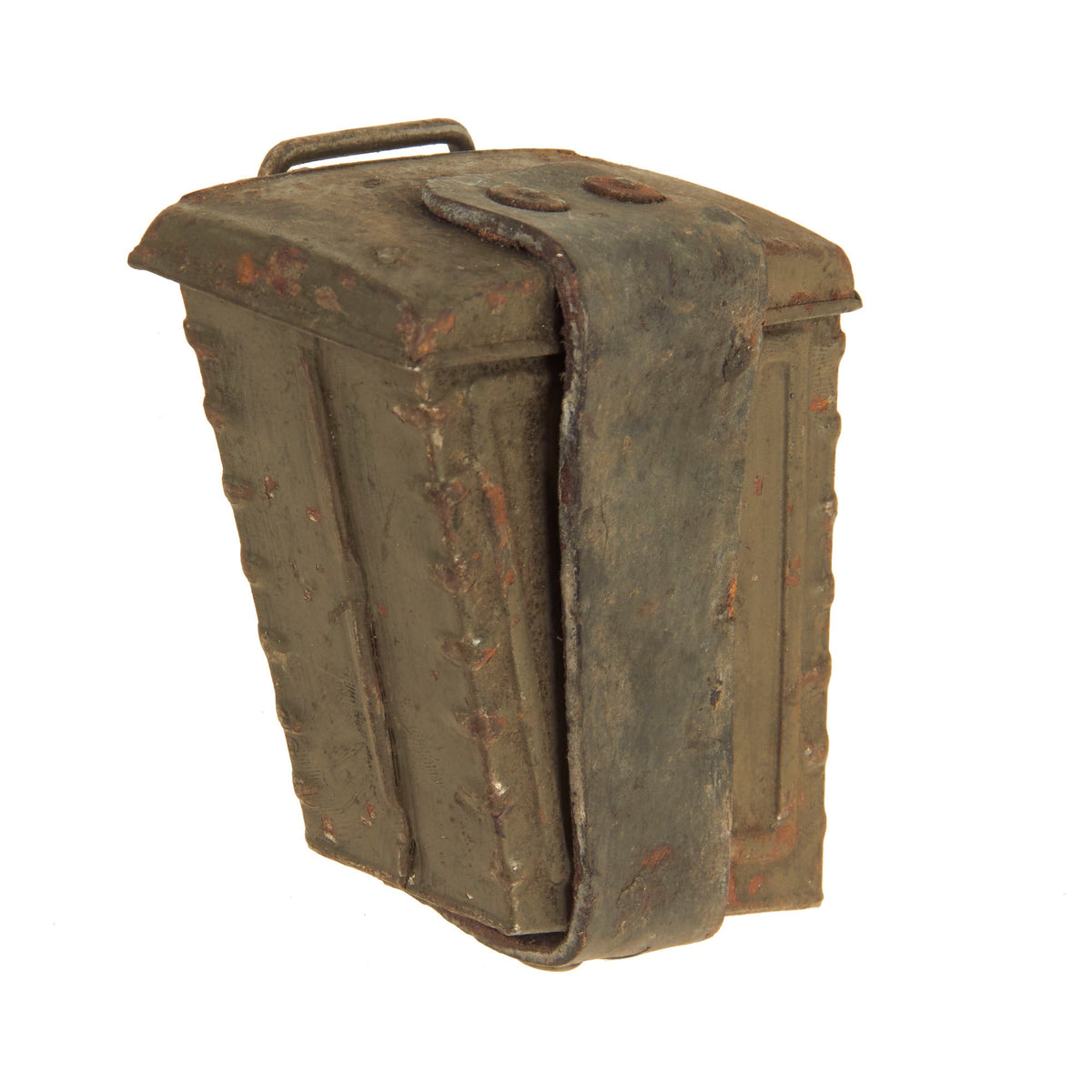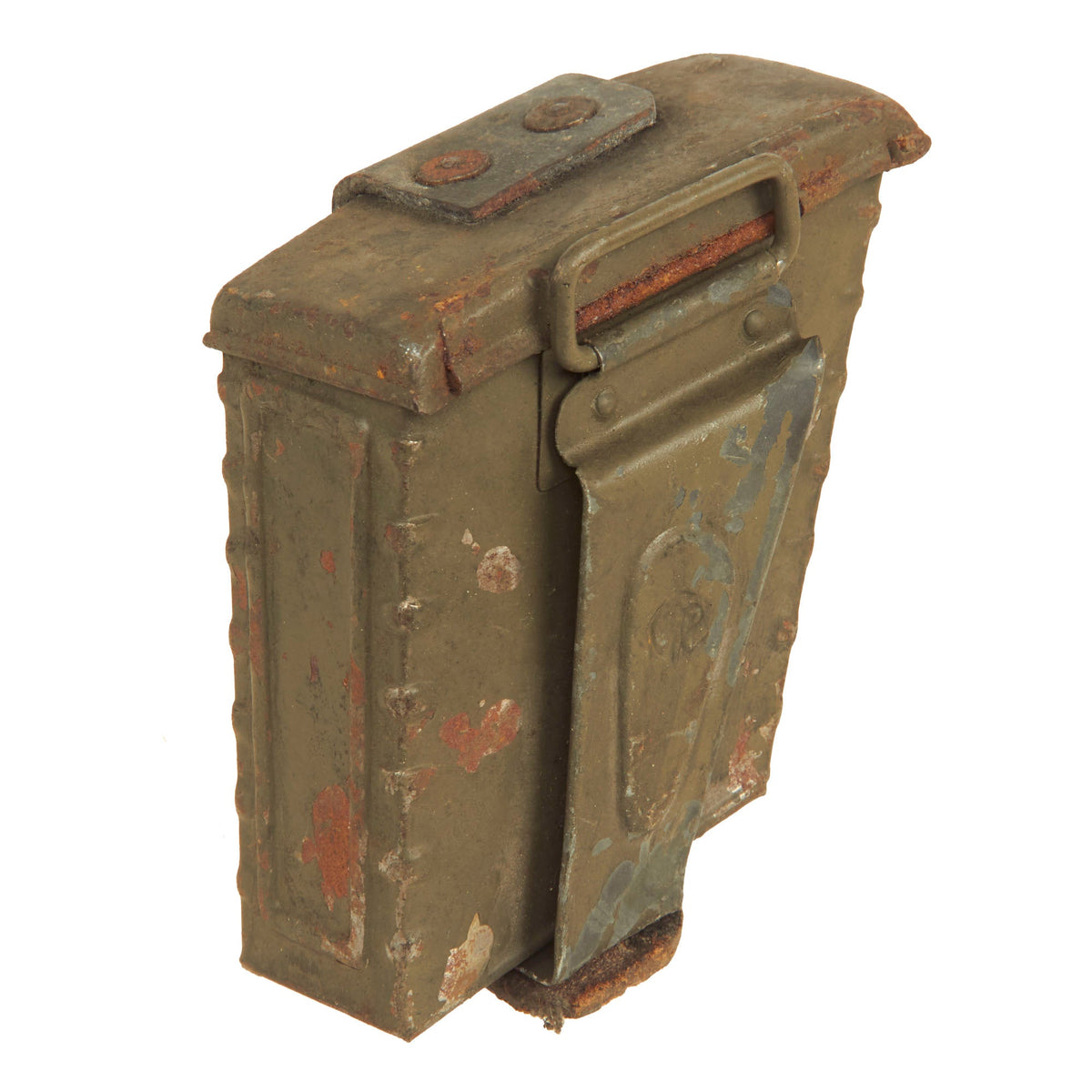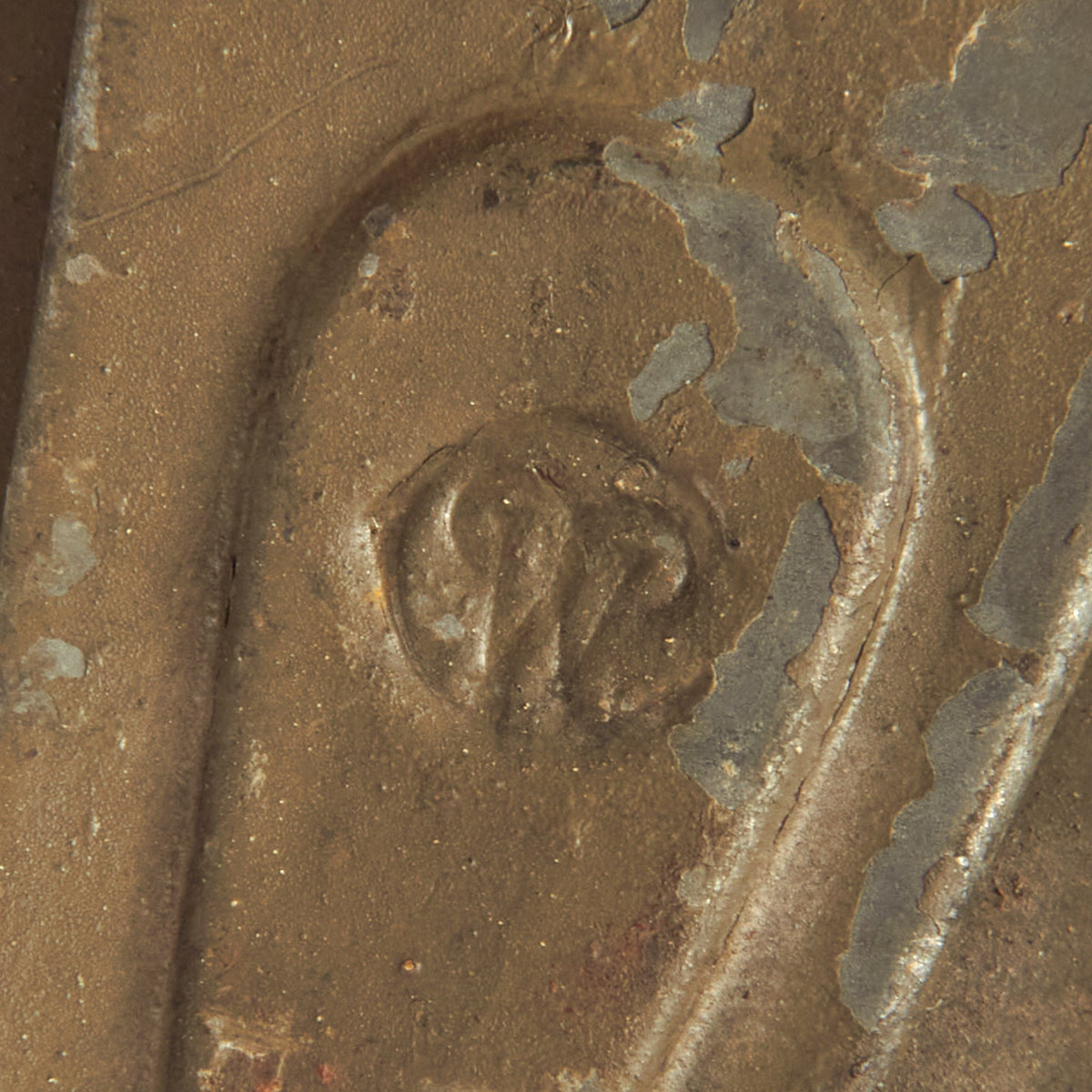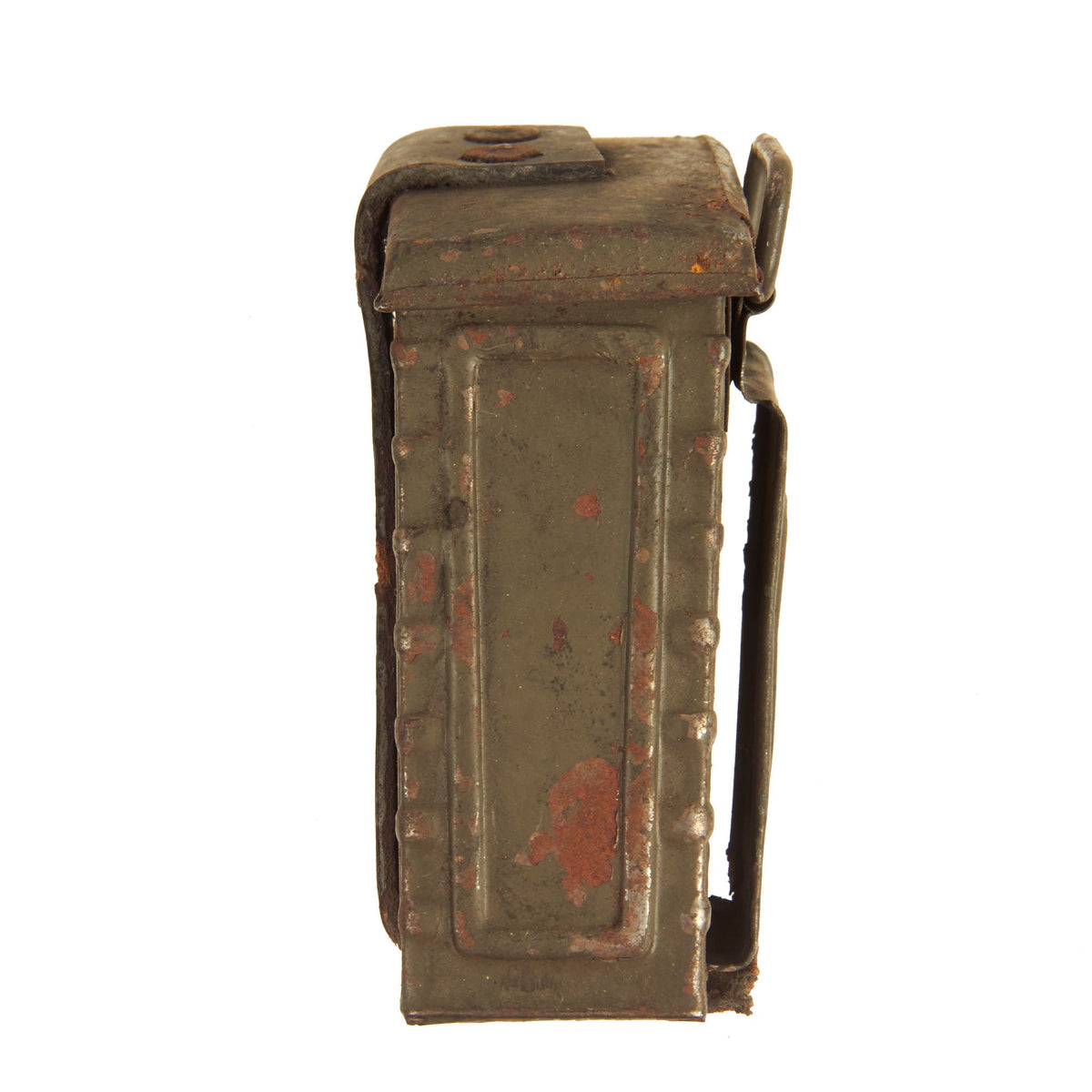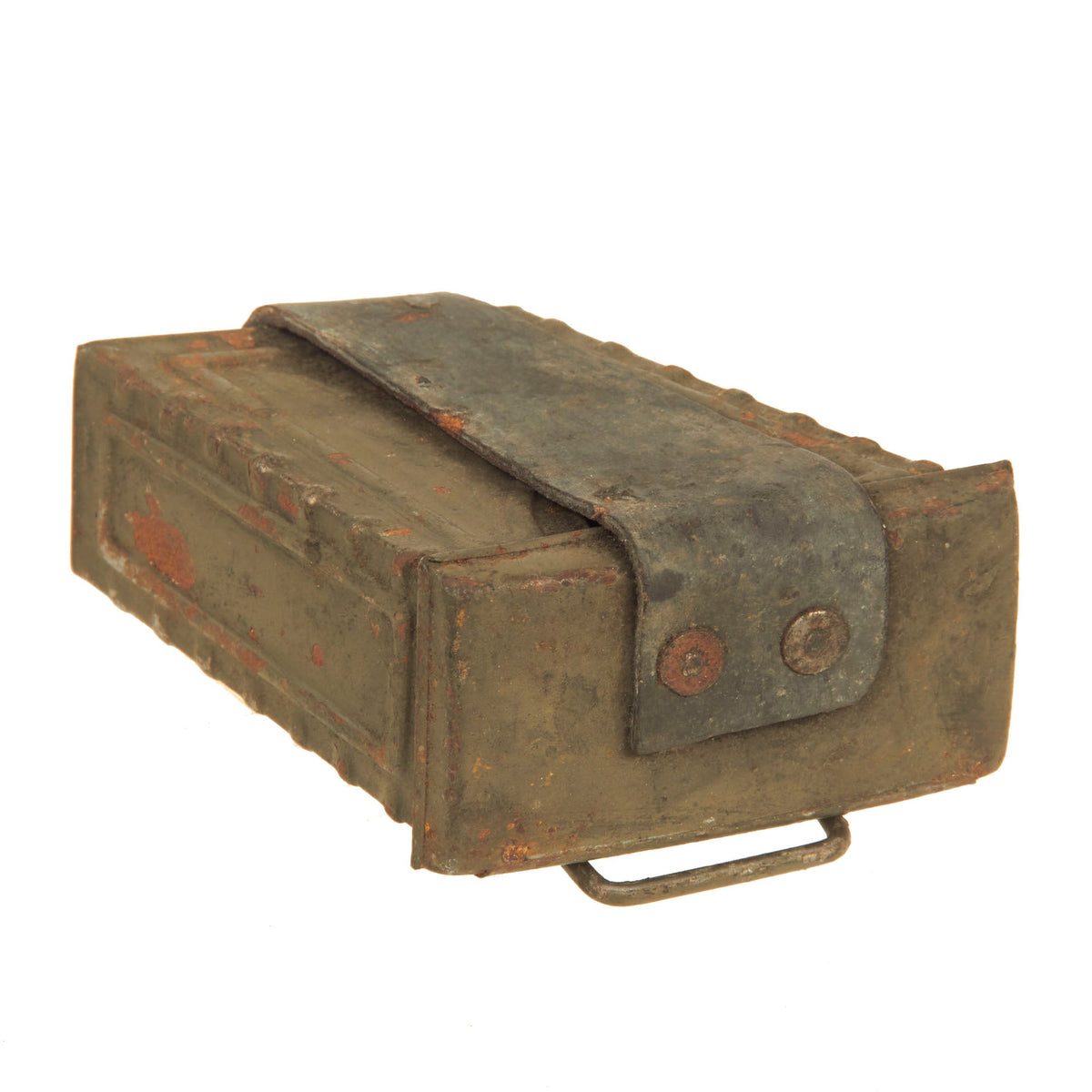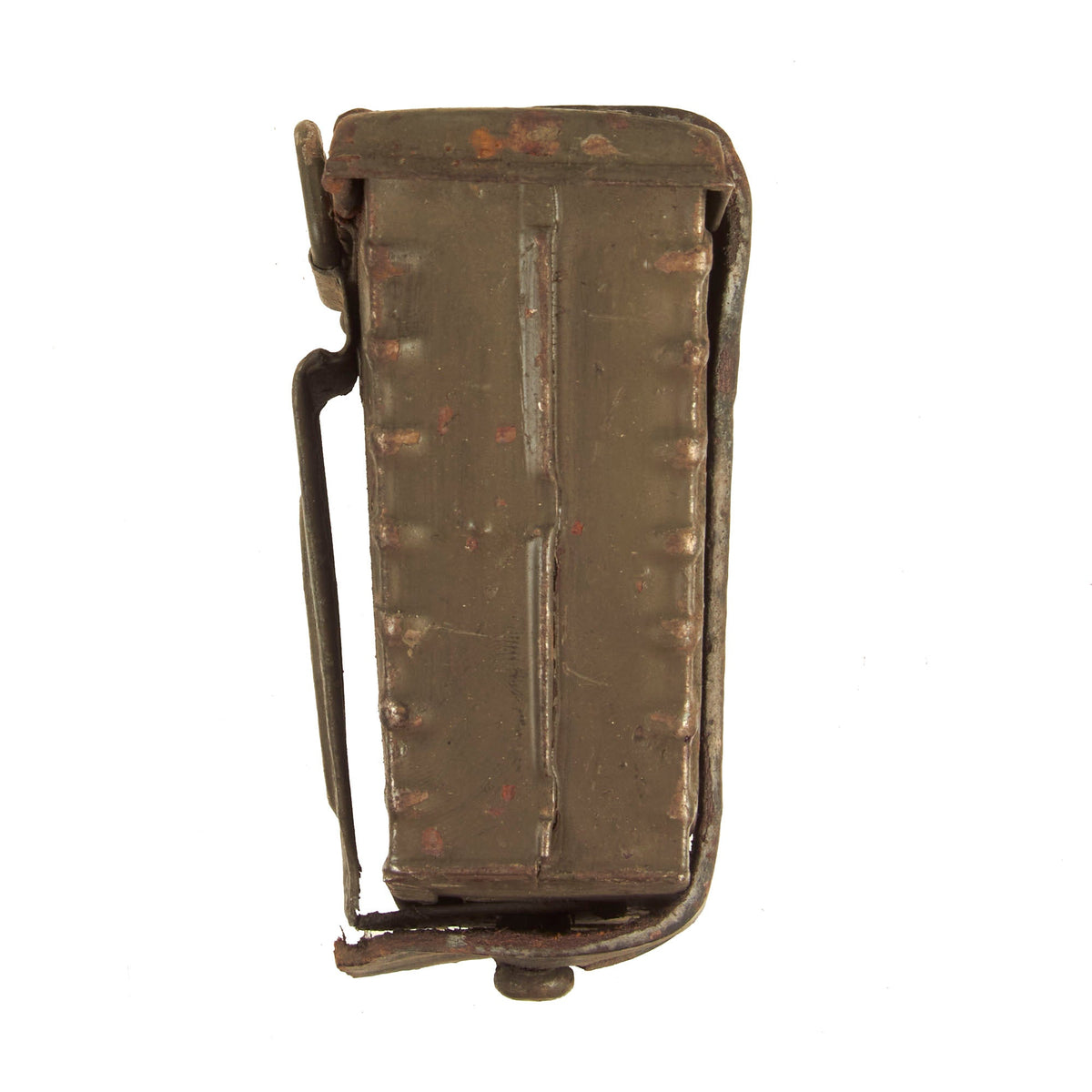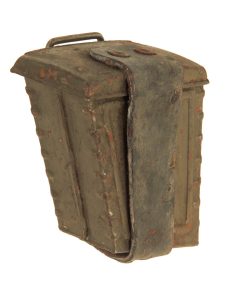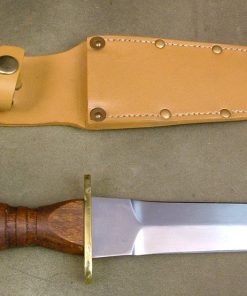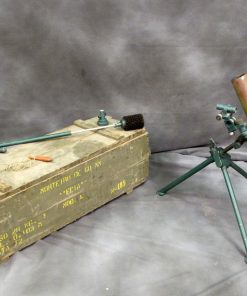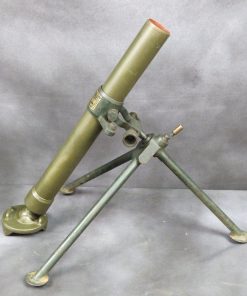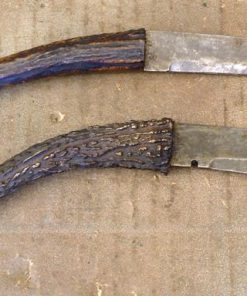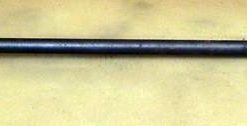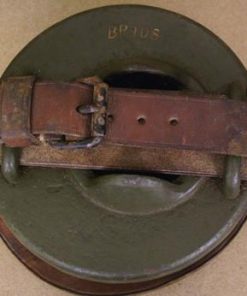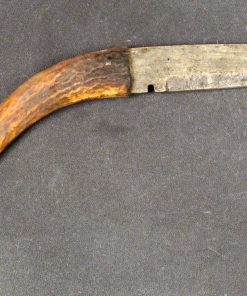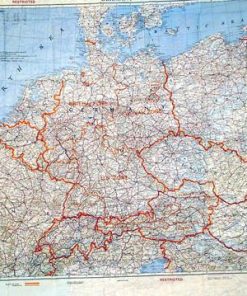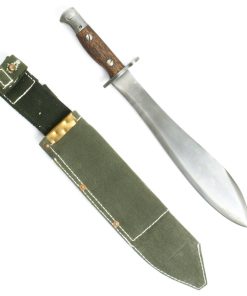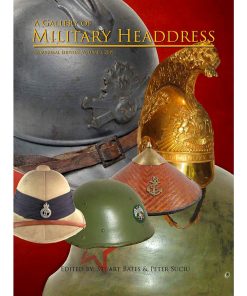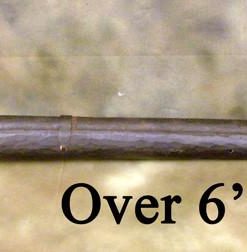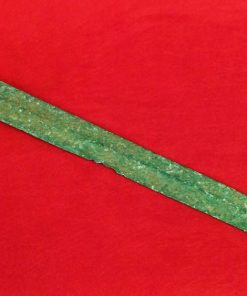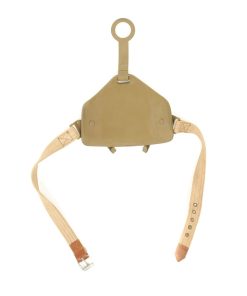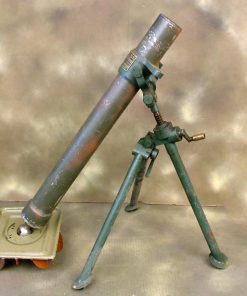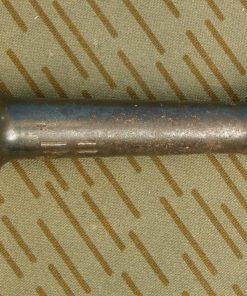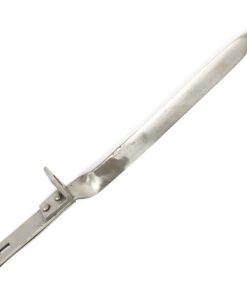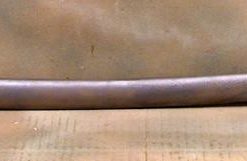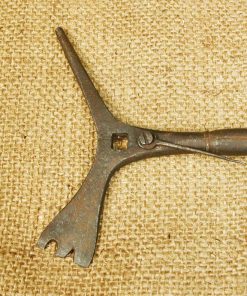Original Austro-Hungarian WWI Ersatz M95 Pressed Tin Ammunition Pouch Original Items
$ 195,00 $ 78,00
Original Item: Only One Available. Now this is a rare and fantastic offering. This small ammunition pouch is an M95 tin Ersatz ammunition pouch. Ersatz items are made or used as a substitute, typically an inferior one, for something else, especially during times of war when strategic materials were needed elsewhere.
The overall condition of the pouch is good, however the leather closure flap is unfortunately dried out and rather brittle. It is recommended that you make no attempts to open the ammo pouch or you risk causing possible damage to the leather. Much of the original paint has been retained and there is evident signs of field use present with the expected paint chipping on the tin.
A beautiful rather rare example that comes more than ready for further research and display.
World War I began when Austria-Hungary invaded Serbia in July 1914, following the Assassination of Archduke Franz Ferdinand. Austria-Hungary was one of the Central Powers, along with the German Empire and the Ottoman Empire. Austro-Hungarian forces fought the Allies in Serbia, on the Eastern Front, in Italy, and in Romania. With heavy aid and support from its allies, the empire managed to occupy Serbia in 1915 and force Romania out of the war in 1917. On the other fronts, it suffered severe casualties, culminating in the collapse of the Italian front, which led the Austrians to accept the Armistice of Villa Giusti on 3 November 1918.
The Austro-Hungarian Empire conscripted 7.8 million soldiers during WWI. General von Hötzendorf was the Chief of the Austro-Hungarian General Staff. Franz Joseph I, who was much too old to command the army, appointed Archduke Friedrich von Österreich-Teschen as Supreme Army Commander (Armeeoberkommandant), but asked him to give Von Hötzendorf freedom to take any decisions. Von Hötzendorf remained in effective command of the military forces until Emperor Karl I took the supreme command himself in late 1916 and dismissed Conrad von Hötzendorf in 1917. Meanwhile, economic conditions on the homefront deteriorated rapidly. The Empire depended on agriculture, and agriculture depended on the heavy labor of millions of men who were now in the Army. Food production fell, the transportation system became overcrowded, and industrial production could not successfully handle the overwhelming need for munitions. Germany provided a great deal of help, but it was not enough. Furthermore, the political instability of the multiple ethnic groups of Empire now ripped apart any hope for national consensus in support of the war. Increasingly there was a demand for breaking up the Empire and setting up autonomous national states based on historic language-based cultures. The new Emperor sought peace terms from the Allies, but his initiatives were vetoed by Italy.
Fast Shipping with Professional Packaging
Thanks to our longstanding association with UPS FedEx DHL, and other major international carriers, we are able to provide a range of shipping options. Our warehouse staff is expertly trained and will wrap your products according to our exact and precise specifications. Prior to shipping, your goods will be thoroughly examined and securely secured. We ship to thousands clients each day across multiple countries. This shows how we're dedicated to be the largest retailer on the internet. Warehouses and distribution centres can be located throughout Europe as well as the USA.
Note: Orders with more than one item will be assigned a processing date depending on the item.
Before shipping before shipping, we'll conduct a thorough inspection of the items you have ordered. Today, the majority of orders will be delivered within 48 hours. The delivery time will be between 3-7 days.
Returns
The stock is dynamic and we cannot completely manage it because multiple stakeholders are involved, including our factory and warehouse. So the actual stock may alter at any time. It's possible that you may not receive your order once the order has been made.
Our policy is valid for a period of 30 days. If you don't receive the product within 30 days, we are not able to issue a refund or an exchange.
You can only return an item if it is unused and in the same state as the day you received it. You must have the item in its original packaging.
Related products
Uncategorized
Uncategorized
Uncategorized
Australian WWII Owen MK1 Machine Carbine SMG Custom Fabricated Replica with Sling Original Items
Uncategorized
Uncategorized
Uncategorized
Uncategorized
Uncategorized
Uncategorized
Uncategorized
Uncategorized
Uncategorized
Uncategorized
Uncategorized
Uncategorized
Uncategorized
Uncategorized
Uncategorized
Uncategorized
Uncategorized
